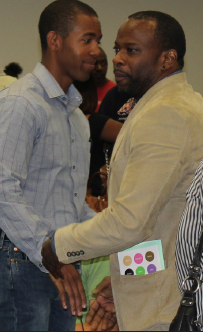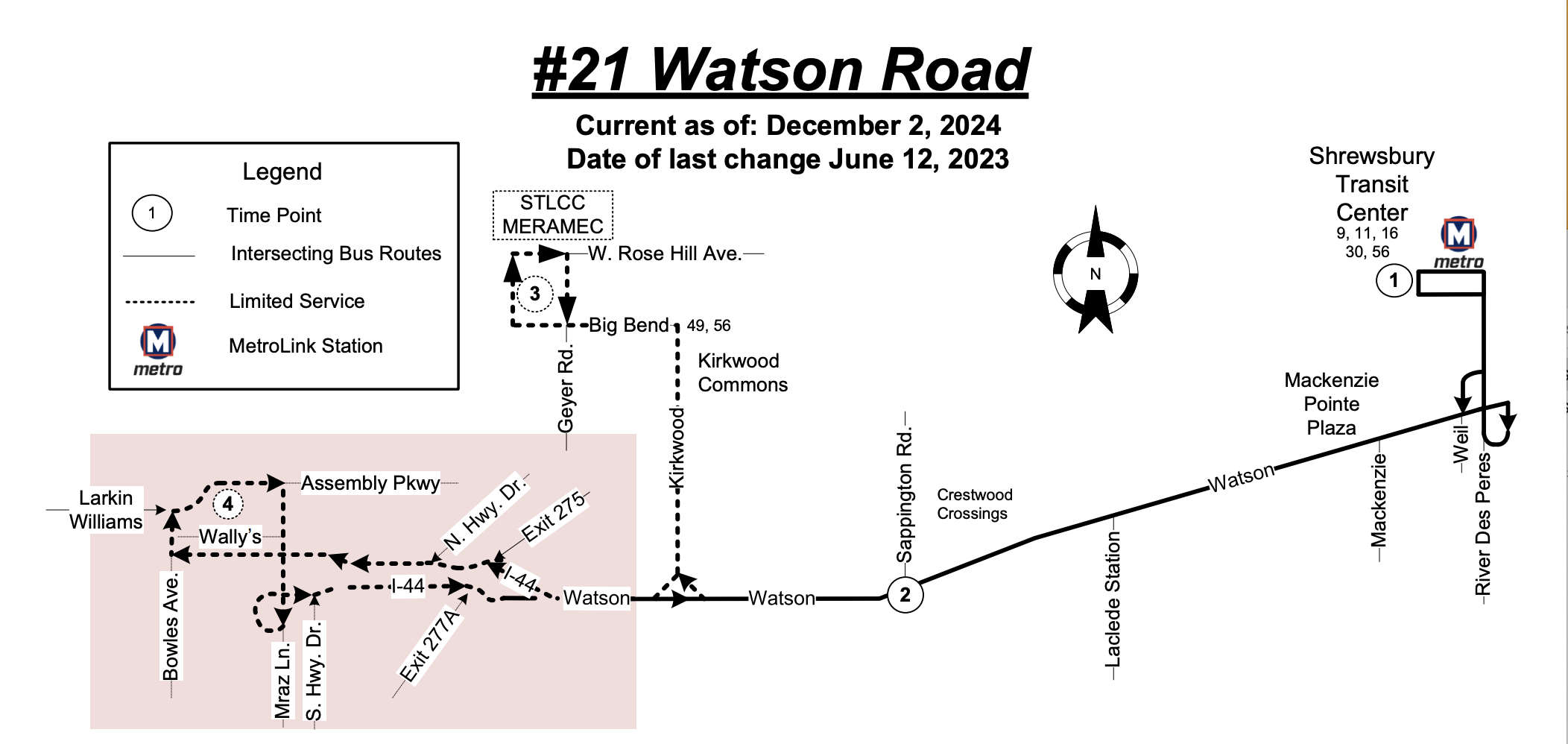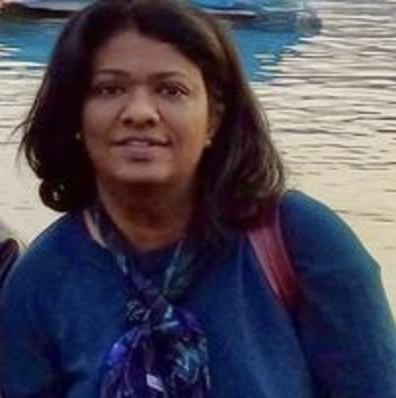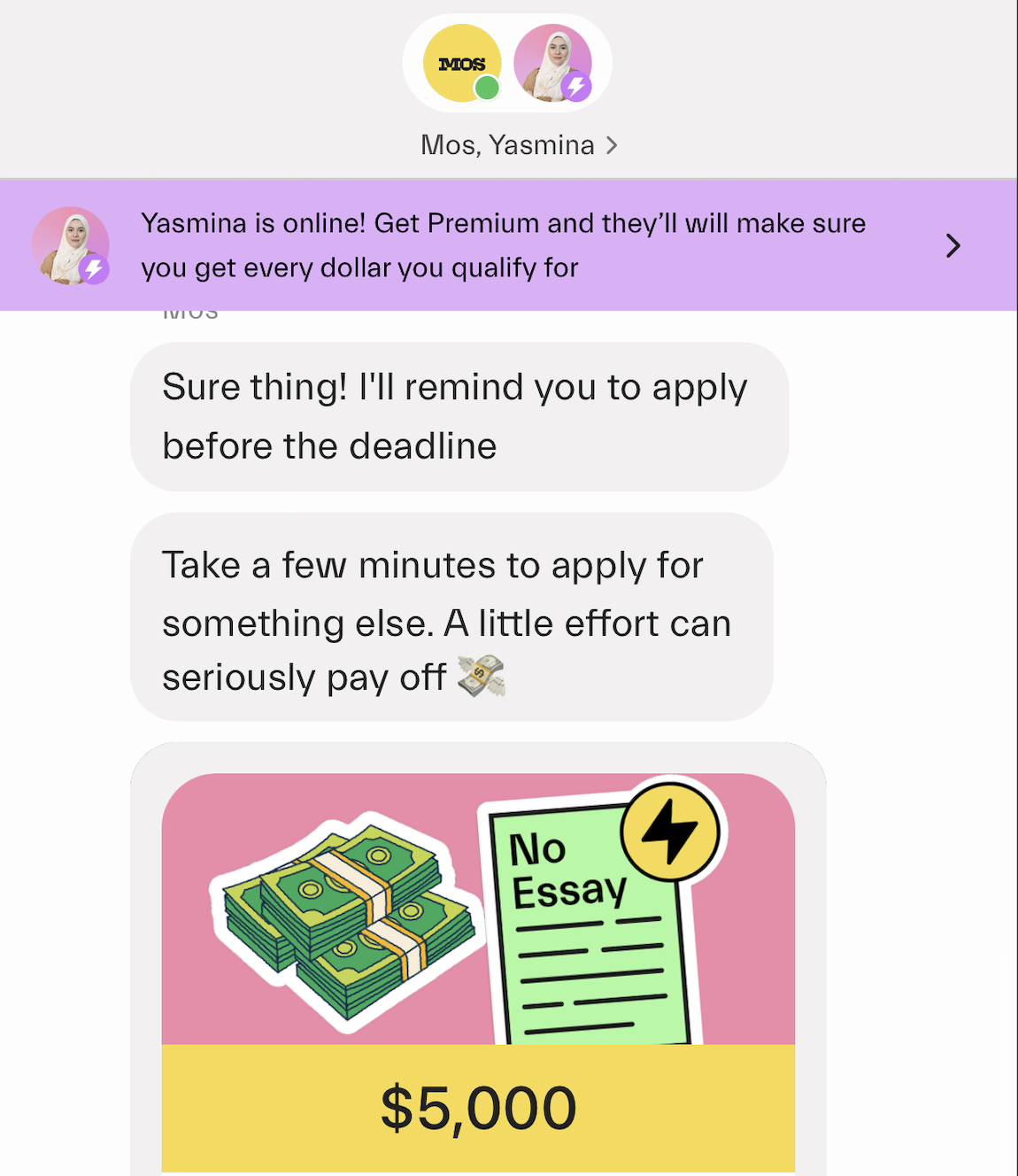Community members speak out at STLCC-Florissant Valley following Michael Brown shooting aftermath

By: SABREE BLACKMON
Copy Editor
A community assembly at STLCC-Florissant Valley on Wednesday, Sept. 24, was held for Ferguson community members to address their concerns with the handling of the case.
The Department of Justice is currently investigating the City of Ferguson Police Department and the police shooting of unarmed teenager Michael Brown in August.
“Why are they here?” Barb Henry of University City said about the Department. “We can’t get any answers. Why are they here?”
Henry and other residents at the meeting said they were growing tired of the little information coming from the DOJ. While local and national press was present, neither the DOJ nor police department officials agreed to give interviews or any public statements.
The meeting started with the event organizer introducing the St. Louis County and Ferguson Police Departments, as well as members from the DOJ. The floor was not open to the Ferguson residents to voice their concerns. Attendees were divided into groups by which organization they wished to speak with. The DOJ, St. Louis County and Ferguson Police Departments had representatives available to answer questions and to document concerns. Each attendee received a number and waited to be called on.
Henry and other attendees said they were displeased with the event’s format. It did, however, give residents a an opportunity to meet with a representative of each agency; something the assembly organizers said was unique to the event.
As residents waited their turns, they shared stories and recent experiences amongst themselves. St. Louis rapper and a leader of the Hands Up United action group with the alias of “T-Dubb-O” recounted his story of learning of the initial shooting.
“They shot him. They shot him, and he had his hands up,” T-Dubb-O said, quoting a message he received on Twitter from a friend who knew Michael Brown through the local rap music scene.
T-Dubb-O said he rushed over to the scene in Ferguson where Michael Brown was shot and killed.
“They killed him, and then to add insult to injury, they left him in the middle of the street for four and half hours,” he said.
T-Dubb-O described seeing soap mixed with Brown’s blood on the pavement after the incomplete attempt to clean up the scene by police. He later joined the protests that evening.
“It’s like our lives don’t matter,” T-Dubb-O said. ”It’s like they [the police] only care about the people with the money and protecting property. They don’t care about us.”
Other residents shared the same concerns.
“Our lives don’t matter,” St. Louis city resident Dhati Kennedy said. “I want my grandchildren to grow up and know that their lives have value.”
Kennedy said he sees racial tensions in the greater St. Louis community as a generational problem that is now coming to the brink in a very public way.
“This a long time coming. This is symptomatic of what has become routine,” Kennedy said. “This is everything.”
He said he saw the meeting as an opportunity to articulate his frustrations and his internal dialogue in a supportive environment where others would listen.
Most of the discussions during the assembly revolved around an exchange of thoughts. Attendees said they want to continue the formation of a productive dialogue in the wake of the fatal shooting.
Other attendees said some of the criminal activities that have taken place in the vicinity of Ferguson they believe damage the national image of the otherwise peaceful protesting.
Florissant resident and editor of Disclosure Newszine Mary T. Moore recalled overhearing near her home an unfamiliar group of young adults planning to loot local stores last Tuesday, right before a round of scheduled protests.
Ultimately, local police made arrests later that evening and a few stores were vandalized and looted, Moore said.
Moore said the police presence established before Tuesday’s protests was a direct response to the criminal acts done by outside groups of young people “for the sake of something to do.”
She said she believed the protests would have occurred without incident if the unrelated vandalism and looting had not taken place.
The assembly ultimately lasted less than three hours. Many attendees left before their turns came — there was already a steady call of unclaimed numbers near the second hour into the event.
Kennedy said he believed the city is “not ready to heal yet.” He said the community can not begin to reconcile until St. Louis tackles its troubled history, including its long-standing racial divisions and economic inequalities.
“Before we can heal, before we can trust – let’s tell the goddamn truth,” Kennedy said.










